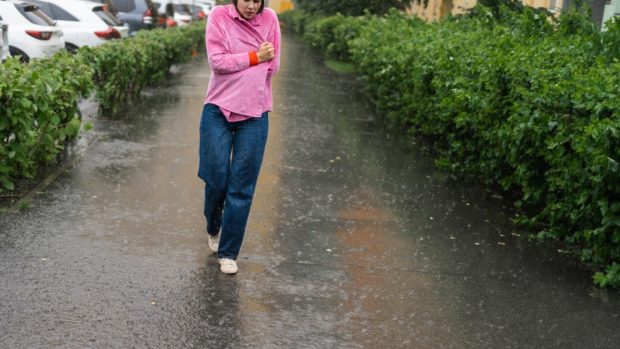
Every family has their ‘Turbo-Man’ – that one popular toy or gaming console that becomes the latest hot property around the festive season and is seemingly impossible for parents to find. In popular Christmas film, Jingle All the Way, Arnold Schwarzenegger competes against a rival father on a last-minute Christmas shopping spree as they desperately try to find a Turbo-Man action figure for their sons.
Although an exaggeration of frantic Christmas toy shopping season, many parents will identify with the ‘Turbo Man’ struggle. However, this year, there are warnings that the fictional toy shortage in the film may become a reality – and across more than just one, particular, product.
The Entertainer, one of the UK’s biggest toy retailers, is warning that delays at UK ports will result in shortages this Christmas. While toy giant, Hamleys, was recently reported to have stocks of just four of the top ten best-selling children’s festive gifts of Christmas 2021 at its flagship Regent’s Street store.
The mounting concerns will have parents understandably worried that Christmas could be cancelled for their kids.
Christmas shopping in the post-pandemic era
As the industry attempts to readjust to pre-pandemic levels, demand is outstripping supply. Warehouse space is being squeezed and labour shortages – in particular, among HGV drivers – is growing. This is leading to retailers across a range of products predicting shortages this Christmas, which could result in empty or depleted store shelves.
Rising freight costs have also soared by 500 per cent, meaning that stocks are not only limited but also that the products themselves are likely to become increasingly expensive. Higher manufacturing and distribution costs are often passed onto consumers, leading to a predicted rise in inflation of 4 per cent according to the Bank of England.
This could impact consumer behaviour significantly this Christmas, with consumers being urged to plan ahead and shop more thoughtfully to avoid last-minute panic buying and rising costs.
How retailers can adapt
As the industry enters the high-demand holiday season, early planning and stockpiling can alleviate the pressure on retailers caused by supply chain issue. For example, bringing peak production timelines forward and securing more ports and transit lanes.
However, businesses can also adapt their offering to provide a service that is more flexible. Many businesses will already be well versed in this from the pandemic disruption of 2020 and early 2021.
For example, during the pandemic, Virgin Experience Days offered extra flexibility with the company’s Virgin Go-On-It Guarantee committed to extending voucher validity until September 2021 with the option of a free additional three-month extension. We also supported on rescheduling experiences with the consumer and supplier in case of any COVID-related cancellations or otherwise.
Retailers can offer customers similar flexibility to manage any stock and supply chain issues. By relaxing cancellation, exchange or returns policies, offering different delivery options at a range of prices and suggesting viable alternative products if others aren’t available.
Crucially, however, retailers must communicate these changes clearly and transparently to assuage any customer dissatisfaction. At Virgin Experience Days for example, we sent a customer email reminder ahead of the September deadline and announced the option to extend by an additional three months.
How consumers can adapt
Although Andrew Goodacre, chief executive of the British Independent Retailers Association, has said there is “no need to panic buy”, he has advised consumers to start their normal shopping process earlier. Consumers can put this into practice by considering their Christmas gift budget, creating a list of recipients, planning their presents and associated costs ahead of time. Spreading out the purchases across a few pay checks and ticking items off the Christmas list early and gradually can help to alleviate some of the challenges of gift shortages this year.
And there are also alternatives for parents to consider buying their children instead of out-of-stock or overpriced favourites. Classic toys that retain their appeal over time are an option, such as art supplies, building toys and board games. Homemade gifts or handmade gifts at craft fairs and independent shops could be another solution.
Parents can also gift their children experiences. After a difficult 18 months of lockdowns, experiences are a great way for families to create new memories together and gift a child something to look forward to. Experiences can work for a range of ages from active experiences such as a mini-golf course or an amusement park, to lessons to spark or feed a particular interest, such as horse riding or baking. It’s no surprise therefore that we’ve seen growing numbers of consumers turning to gift experiences over physical ‘stuff’, including a 55 per cent increase in sales for June compared to 2019 – before the pandemic.
Despite the strains the global supply chain is under, there is a number of solutions for retailers and consumers to explore before declaring Christmas cancelled. Thinking creatively and sourcing alternatives to popular toys such as experiences means families can beat the toy shortages and look forward to a merry Christmas.
By Richard Hurd-Wood, CEO, Virgin Experience Days








Share